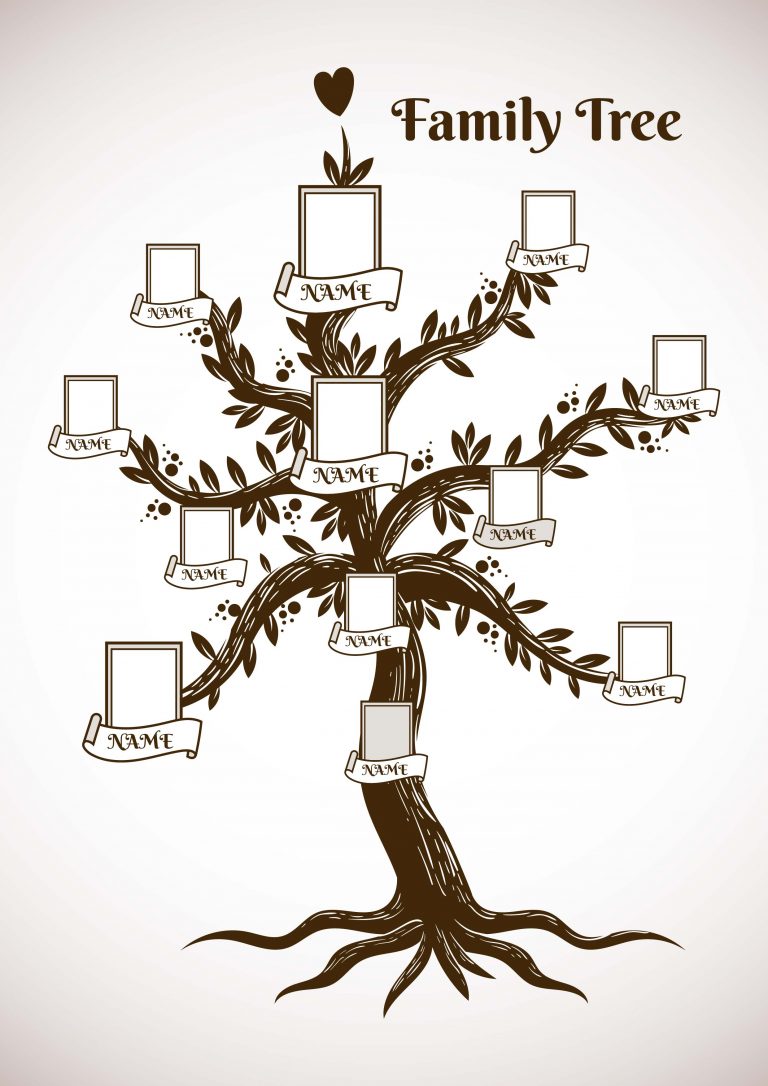
The first woman chief minister of a state in independent India is not mentioned either though her husband, also a politician, is. A well-known litterateur is, but not his wife who was the granddaughter of Rabindranath Tagore. One of the first women doctors in the community is not mentioned either. There must be scores of others.
By Sajni Mukherji
After my father died we discovered among his papers an ancient looking parchment in Sindhi (which as you know uses the Arabic script).
In my generation Sindhis have never formally learnt the script.
Away from Sindh one was already battling with three languages (Hindi, English and that of whichever state you found yourself in after Partition) and our parents would speak to us in Sindhi but did not insist on our learning the script.
We looked at the parchment with interest: it turned out to be a shijiro or a family tree on my father’s side. An enterprising cousin has since translated it for us.
It has been quite a revelation. No women are mentioned in it. Older male cousins are in but not a single wife or sister or mother. It is an impossibly male document.
I find myself longing to know more. Who were the women they married? Did any of these worthy men run away with thoroughly “inappropriate” women?
What were their occupations? What happened to their sisters? Were women anonymous or did they have some individuality of their own?
The shijiro takes one back seven generations from my father’s and has at its head the name of Kripaldas who appears to have had several younger brothers but no children of his own.
The younger brothers obviously adopted his as their family name and hence we all became “Kripalanis”, i.e., belonging to the tribe of Kripaldas. Was he a sacrificing kind of man who did not marry because he had to support his siblings and get those missing sisters married off? Might he have been gay? Or did he just enjoy being a bachelor?
I have heard of a distant aunt who apparently could have gone without change of clothes or make-up to a fancy dress event as a witch. She seems to have had magical powers too. She was ancient but able in the 1890s when she rescued an orphaned two-year- old from his already burdened guardians. He lay on the floor in one spot with no strength in his arms and legs even to crawl. Perhaps he was suffering from a deficiency disease such as rickets: she massaged his legs with fish oil, fed him from her own small store of food and sang to him from the scriptures. He grew up into a strapping lad and walked erect and smartly even at the age of 82, when he died in 1978. This woman is not on the tree, though he is, of course.
The first woman chief minister of a state in independent India is not mentioned either though her husband, also a politician, is. A well-known litterateur is, but not his wife who was the granddaughter of Rabindranath Tagore.
One of the first women doctors in the community is not mentioned either. There must be scores of others. I want to know about the daily lives of the women who made lolis for the entire family for breakfast, who carried water from the scarce wells in the desert, who turned seasonal vegetables into pickles because the desert doesn’t give you fresh green ones all the year round.
Visiting my grandparents in post-Partition Agra, I saw a refugee woman, Gobindamma (note her identity from her son) in the traditional ankle-length flared skirt and short top with dupatta, favored by women from the desert. A ruby dangled from her nostril, traditional symbol of marriage. She performed an amazingly funny song-and-dance routine producing percussion sounds from nowhere. She sang of making dhodas (flat cakes) from bajra (millet) which a black dog stole from under her knee. Would she have had a status of her own, on or off the “tree”, or even been a comic performer on stage/screen if Partition hadn’t irretrievably altered her life?
I wish I could retrieve some more nuggets of these forgotten histories. Do you have similar longings?
__________________
The writer is a former professor of English at Jadavpur University.
Courtesy: Sindhis By Surnames